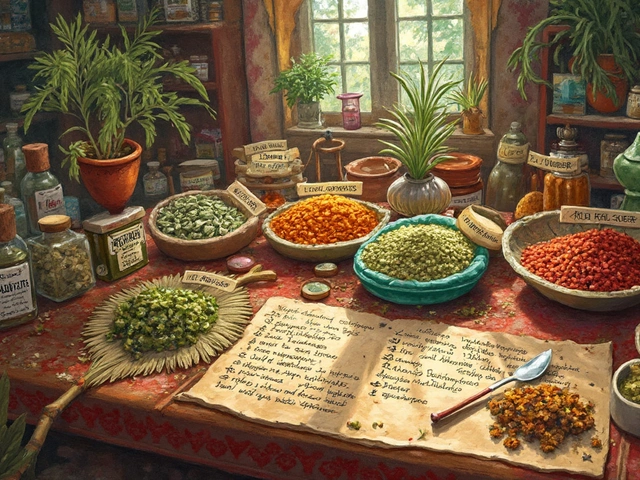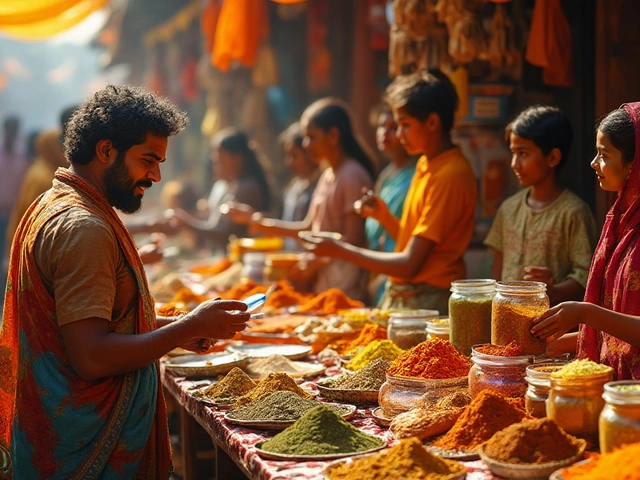Vitamin C – Why It Matters and How to Get Enough in India
Vitamin C is the go‑to nutrient for a stronger immune system, brighter skin, and faster wound healing. You probably hear it a lot, but most people don’t know the exact benefits or the easiest ways to include it in a typical Indian diet. Let’s clear that up so you can boost your health without buying pricey supplements.
Top Benefits You’ll Notice Fast
First off, vitamin C is a powerful antioxidant. It fights free radicals that cause aging and chronic disease. That means clearer skin, less inflammation, and a lower risk of heart problems. It also helps your body absorb iron from plant foods, so if you’re a vegetarian, vitamin C can keep you from getting anemic. Finally, it supports the production of collagen – the protein that keeps joints, bones, and skin flexible.
Best Indian Sources – No Fancy Imports Needed
Forget the expensive overseas fruits; India grows plenty of vitamin‑C‑rich foods. A single medium guava packs about 200 mg of vitamin C – more than twice the daily need. Citrus fruits like oranges, mosambi, and lemons are also great, especially when you eat them fresh. If you’re into veggies, bell peppers (red > green), cauliflower, and leafy greens like amaranth are solid choices. Even sprouted beans and coriander leaves add a boost. Aim for at least one fruit or a cup of veggies daily to hit the 65 mg recommended for adults.
Cooking can destroy some vitamin C, so try to eat these foods raw or lightly steamed. A quick squeeze of lemon over a salad or a fresh fruit snack after meals preserves the nutrient and improves iron absorption.
If you’re pressed for time, a small glass of homemade lemonade or a handful of roasted peanuts (which contain a little vitamin C) can fill the gap. The key is consistency, not occasional mega‑doses.
How Much Is Enough?
The Indian Council of Medical Research recommends 65 mg per day for adults. Pregnant or lactating women need a bit more – around 80–85 mg. Most healthy adults can meet this by eating two to three servings of the foods listed above. If you’re a heavy smoker, add an extra 30 mg because smoking depletes vitamin C faster.
Supplements are an option, but they’re not necessary unless you have a specific deficiency. If you do choose a tablet, look for one that provides 500 mg and avoid mega‑doses over 2 g, which can cause stomach upset.
Quick Everyday Hacks
1. Start your day with a glass of warm water and fresh lemon juice – it wakes up digestion and adds vitamin C.
2. Toss a handful of raw bell pepper strips into your lunchtime salad.
3. Keep a bowl of peeled orange slices in the fridge for a snack that’s ready to grab.
4. Add coriander and mint to your chutney or raita for extra flavor and a nutrient bump.
5. When cooking lentils or beans, finish the dish with a squeeze of lime; it helps iron absorption and keeps the vitamin intact.
By making these tiny tweaks, you’ll hit your vitamin C target without any hassle. Your immune system, skin, and overall energy will thank you.
So, next time you’re at the market, grab a guava, a few bell peppers, and a lemon. Simple, affordable, and packed with health benefits – that’s the power of vitamin C in everyday Indian life.





